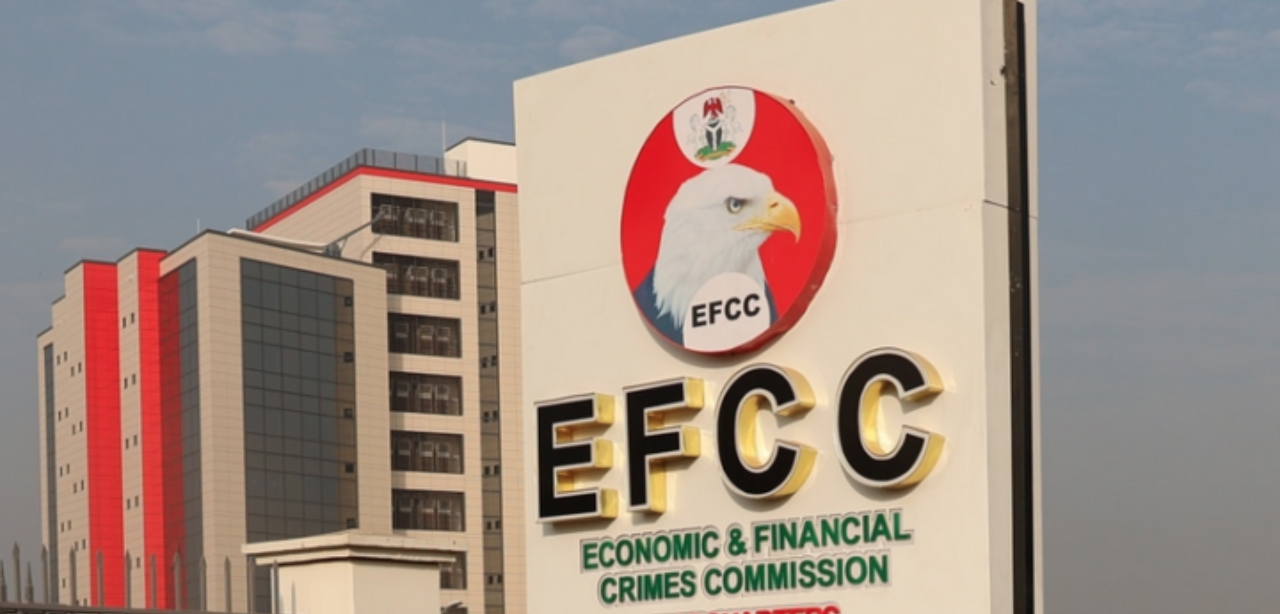The Chairman of the Economic and Financial Crimes Commission (EFCC), Ola Olukoyede, has disclosed that the anti-graft agency uncovered instances where a religious sect in Nigeria was involved in money laundering for terrorists.
He also revealed that another religious organization was found protecting a money launderer, as funds suspected to be laundered were traced to the organization’s bank account.
Speaking during a public engagement on youth, religion, and the fight against corruption, as well as the launch of the fraud risk assessment project for ministries, departments, and agencies, Olukoyede stated that the EFCC was investigating a N13 billion fraud case when it discovered that N7 billion of the N13 billion was linked to a religious body’s bank account.
He emphasized that religious organizations, institutions, sects, and bodies have been implicated in money laundering activities.
Related News: EFCC Demands Death Certificate for Former Petroleum Ministry Director Grace Taiga
Olukoyede disclosed, “A religious sect in this country had been found to be laundering money for terrorists.”
However, he noted that the religious organization quickly obtained a restraining order to halt the EFCC’s investigation into its leaders.
Despite this obstacle, he stated that the EFCC is appealing the restraining order to proceed with the investigation and recover the stolen funds.
Since assuming office as the Chairman of the EFCC about three months ago, Olukoyede revealed that the anti-graft commission has secured 747 convictions, with a significant number related to internet-related offenses.
He expressed concern about the high number of convictions in this category.
The one-day event aimed to address the challenges of youth involvement in cybercrimes and explore how religion could be utilized as a tool for their reorientation.
The theme of the event was “Youth, Religion, and the Fight Against Corruption.”
It also featured the launch of the Interfaith Preaching and Teaching Manual developed by the Interfaith Anti-Corruption Advisory Committee of the Commission as a resource to promote anti-corruption values among adherents of Islam and Christianity.
Additionally, the EFCC’s Fraud Risk Assessment Prevention and Control Project for Ministries, Departments, and Agencies was launched during the event.
You can also read: Nigeria Falls Behind on Global Sanitation Goals, Losing $3 Billion Annually


